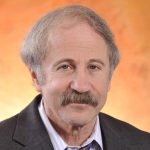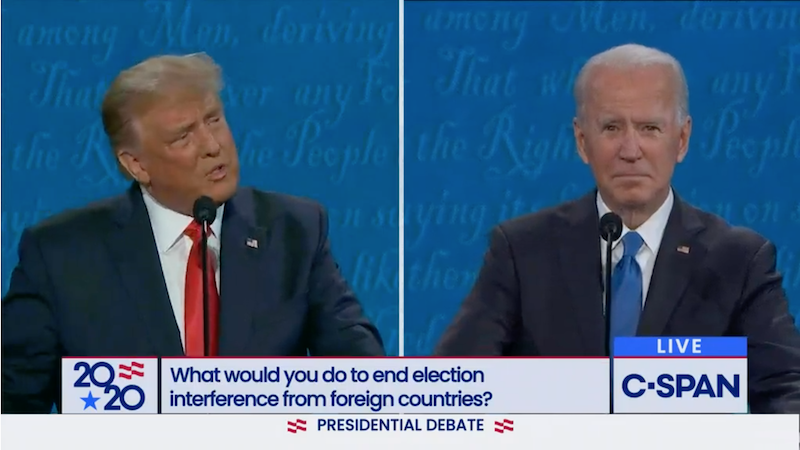The 2024 Presidential Debates and Consequences – Will There Be Change in State and National Presidential Preference?
Seemingly out of the blue, the 2024 presidential debates have been set. I have a long history of writing about debates, moderating debates, and being the beneficiary of debaters, the last referencing monetary awards for top debaters at Towson University.
The presidential debate schedule, such as it is, has been set, and it comports in general fashion to the fact that such debates have become de rigueur since 1976 in America. Televised presidential televised debates began in 1960 quite significantly, wherein John F. Kennedy by his performance reassured the electorate that he was bright, intelligent, and trustworthy as the young president-to-be. His opponent looked grim and sweaty and realized no gain of support from television viewers.
The doubts, most of which emanated from JFK’s age, 43, were erased, as they also should have been since Vice President Nixon was just 47.
In the ensuing years of televised presidential candidate confrontations, 1976-2020, there have been debates, which were consequential, and debates, which were inconsequential, and debates wherein they were indeterminate.
The Biden people appear unready to brook any changes to the agreement this far: Trump announced on his social-media site Truth Social his eagerness to have a third debate on Fox News on Oct. 2., which although shut down as an option by the Biden people, could open the possibility for another different, 2-man debate.
One of the factors that may or may not add to the effect of these presidential debates, including the possibility of a third between Trump and a third party nominee, is the exclusion of Robert F. Kennedy Jr. from the Biden-Trump agreement. He has already objected vociferously, and if Kennedy’s popularity goes up in the polls, say to 15% or so, there may be protests and electoral consequences to his elimination.
In 1992 there are endless speculations as to what lost George H. W. Bush the presidency. Still, the most likely factor was the debate inclusion of businessman Ross Perot…almost every debate with three people manifests a two versus one spectacle, and with Ross Perot it was Perot and Bill Clinton against Bush.
Presidential debates are most significant wherein there are two people, and there is some significant ambiguity in a substantial portion of the public about one or both of them.
In this case, there are few people who don’t know whom they support between the two of Biden and Trump.
This, incidentally, could have been changed if Biden were to have pardoned Donald Trump, a suggestion made by former presidential candidate Mitt Romney. I had wondered why the president hadn’t done so – it may be simply that he thinks that all of the trials and legal pressure hurt the former president. This wouldn’t be his first misjudgment.
The anticipation will be hot and heavy in anticipation of the agreed-upon debates. There may be no live audience – good…live audiences skew the reactions to debates and take away the focus on their substance.
There will be some snags and extraneous matters operant – who will constitute the questioners, for example. CNN and ABC have some fair and some unfair questioners, some who want to be the center of attention, and some who want the principals to be the center of attention. What will be the issues of the debates – the border? The economy? Abortion? Crime? Candidate mental faculties? Israel? The Russia-China-Iran-North Korea-Axis?
Will Trump have picked a Vice Presidential candidate?
Will Biden blank on several answers?
Will Trump’s hostile personality focus on extraneous situations –Trump complained after one debate in 2016 featuring Megyn Kelly, then of Fox News, “She gets out and she starts asking me all sorts of ridiculous questions…you could see there was blood coming out of her eyes, blood coming out of her wherever.”
Will the turned-off microphones stop the talking over each other?
On one hand debates between two competitors rarely have a major effect on an election if both are well-known; on the other hand, when elections are quite close, the debates can make all the difference in the world.

Richard E. Vatz https://wp.towson.edu/vatz/ is a Distinguished Professor Emeritus of political rhetoric at Towson University and author of The Only Authentic of Persuasion: the Agenda-Spin Model (Bookwrights House, 2024) and over 200 other works, essays, lectures, and op-eds. He is the benefactor of the Richard E. Vatz Best Debater Award at Towson. The Van Bokkelen Auditorium at Towson University has been named after him.

